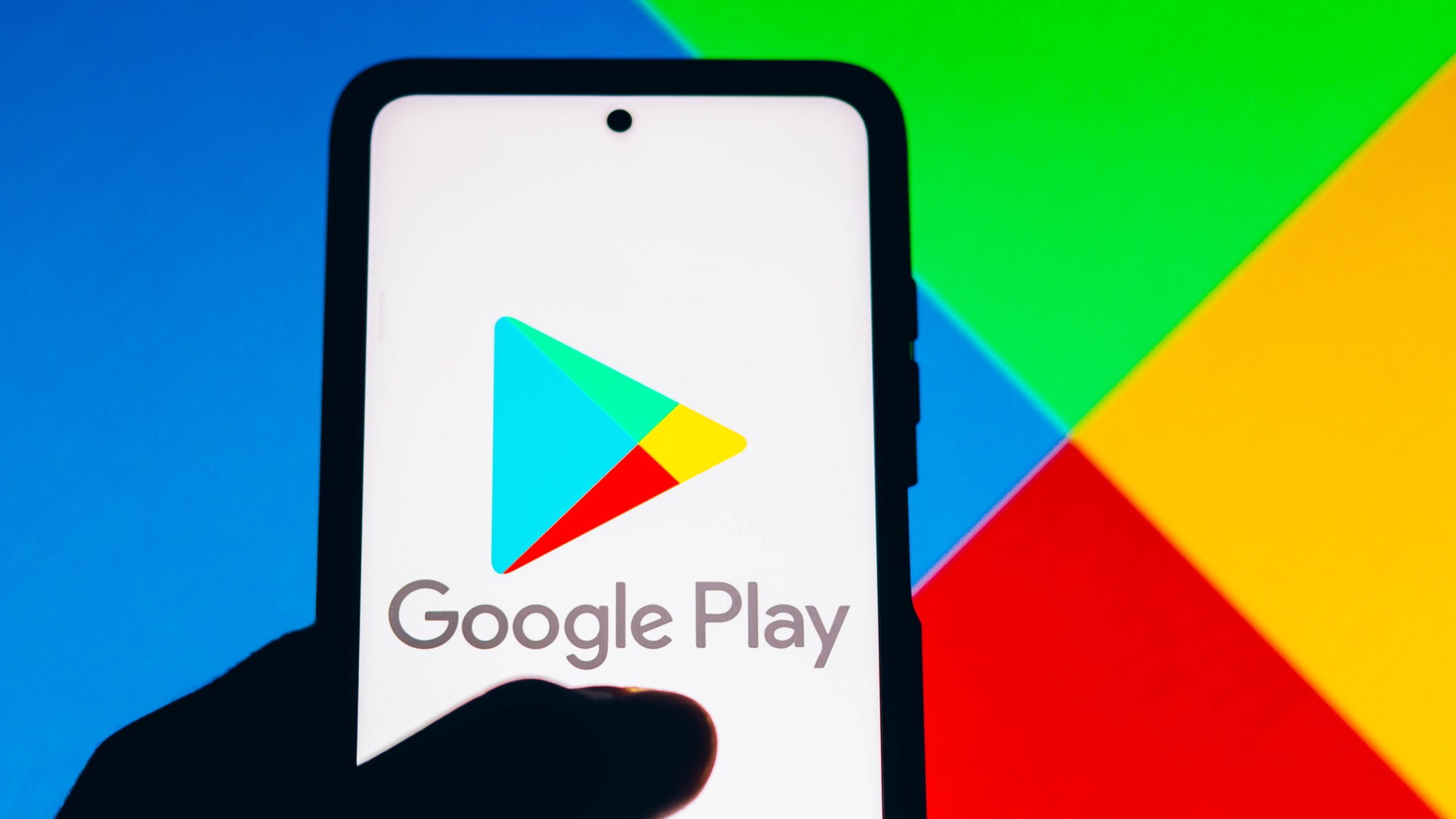Google wants to fight Android malware by making sideloading more difficult — here's how
The company has a new program to verify app developers of third-party app stores.

Here at Tom’s Guide our expert editors are committed to bringing you the best news, reviews and guides to help you stay informed and ahead of the curve!
You are now subscribed
Your newsletter sign-up was successful
Want to add more newsletters?

Daily (Mon-Sun)
Tom's Guide Daily
Sign up to get the latest updates on all of your favorite content! From cutting-edge tech news and the hottest streaming buzz to unbeatable deals on the best products and in-depth reviews, we’ve got you covered.

Weekly on Thursday
Tom's AI Guide
Be AI savvy with your weekly newsletter summing up all the biggest AI news you need to know. Plus, analysis from our AI editor and tips on how to use the latest AI tools!

Weekly on Friday
Tom's iGuide
Unlock the vast world of Apple news straight to your inbox. With coverage on everything from exciting product launches to essential software updates, this is your go-to source for the latest updates on all the best Apple content.

Weekly on Monday
Tom's Streaming Guide
Our weekly newsletter is expertly crafted to immerse you in the world of streaming. Stay updated on the latest releases and our top recommendations across your favorite streaming platforms.
Join the club
Get full access to premium articles, exclusive features and a growing list of member rewards.
Google is rolling out a new line of defense to protect Android users and certified devices. As reported by Bleeping Computer, a new program called Developer Verification will help block malware installations from sideloaded apps that have been downloaded from outside of the official Google Play store.
Apps that were in the Play store were already covered under a requirement established in August 2023 called D-U-N-S (Data Universal Numbering System).
Google has said that the D-U-N-S program saw a notable change in the amount of malware on the platform but because it didn’t apply to the developers and apps that existed outside of the official Play store, users were still seeing malware infections on their devices. Threat actors would spread malware by impersonating legitimate developers and creating convincing fakes of real apps in order to trick users into downloading their malicious versions of real apps.
Recent analysis by Google found that this method has been particularly successful: sideloaded apps contained more than 50 times more malware than the apps available in the Google Play store. Google anticipates that widespread adoption of this program will help by blocking non-compliant apps with a security message.
The new verification requirement applies to apps on the Play store and on third-party app stores; starting in 2026 all apps installed on certified Android devices must come from verified developers who have been certified through the new program. A certified Android device is a device that has passed Google’s Compatibility Test Suite (CTS) and is approved to ship with Google Play Services, the Play Store and Play Protect. This includes mainstream devices from Samsung, Motorola, OnePlus, Oppo, Vivo, Xiaomi and the Google Pixel line.
Devices that are not considered to be compliant include those from Huawei, Amazon Fire tablets, and any TV boxes or smartphones that use modified OS images or questionable components. These devices would not be subject to the new enforcements and their users would continue to be able to sideload apps (leaving them open to malware as well).
Early access to the program will open in October of this year, and will be available to all Android application developers by March of 2026. Starting in September 2026, the identity verification requirement will become a mandatory requirement for those app developers in Brazil, Indonesia, Singapore and Thailand then it will roll out globally in 2027.
Get instant access to breaking news, the hottest reviews, great deals and helpful tips.
Follow Tom's Guide on Google News to get our up-to-date news, how-tos, and reviews in your feeds. Make sure to click the Follow button.
More from Tom's Guide
- Over 1 Million Hit In Farmers Insurance Data Breach — Names, Addresses, Partial SSNs And More Exposed
- Dangerous Android banking trojan found lurking in malicious apps with 19 million installs — don’t fall for this
- Macs under attack from dangerous new info-stealing malware — how to stay safe

Amber Bouman is the senior security editor at Tom's Guide where she writes about antivirus software, home security, identity theft and more. She has long had an interest in personal security, both online and off, and also has an appreciation for martial arts and edged weapons. With over two decades of experience working in tech journalism, Amber has written for a number of publications including PC World, Maximum PC, Tech Hive, and Engadget covering everything from smartphones to smart breast pumps.
You must confirm your public display name before commenting
Please logout and then login again, you will then be prompted to enter your display name.
 Club Benefits
Club Benefits










